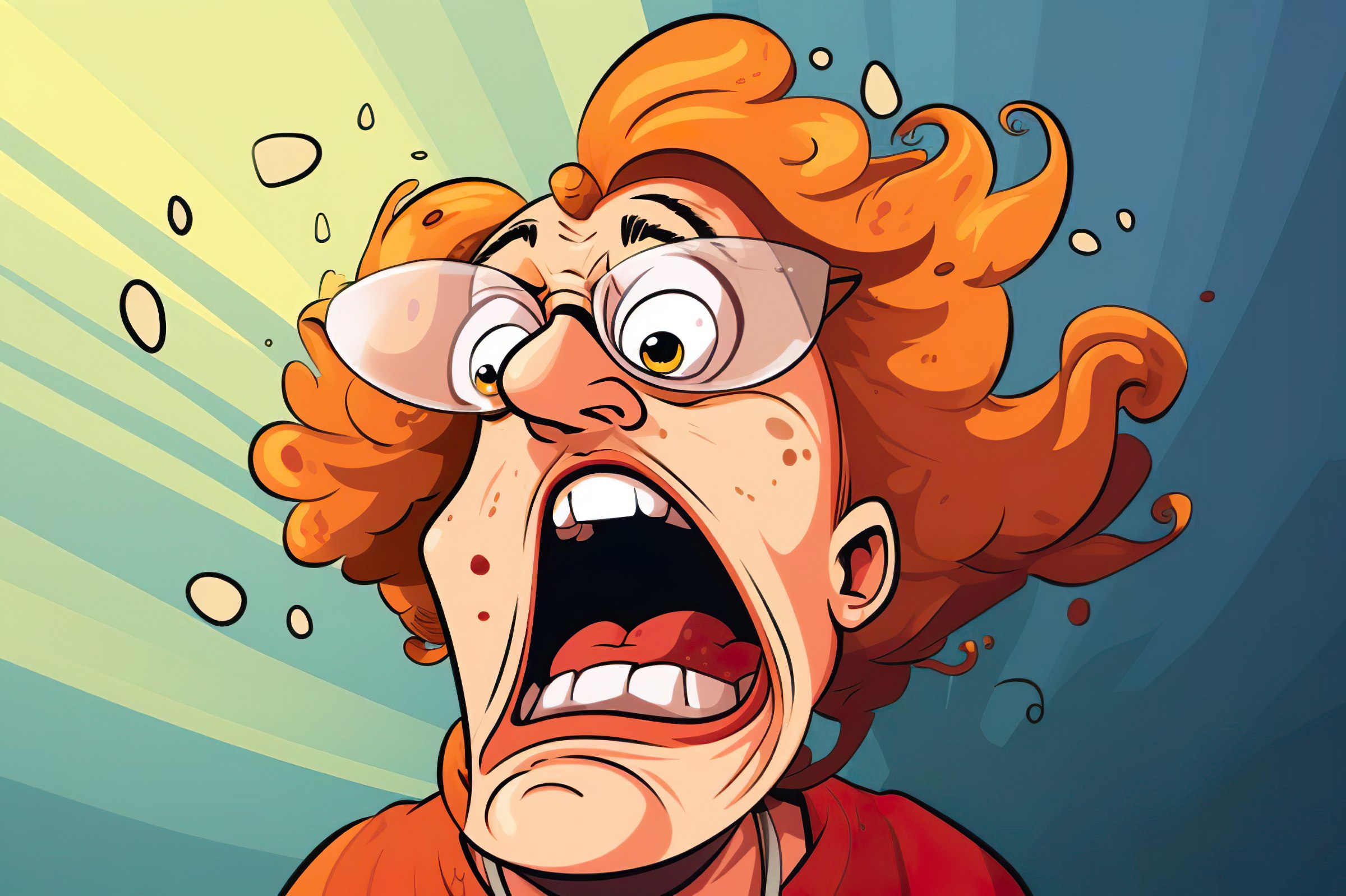For Ryan Karas and Lindsi Stinson, it was blood. For Angela Rauen, it was urine. And for Linda Cannon, vomit.
All four of the airline passengers say they were confronted by a biohazard when they boarded recent flights. Their experiences, though not unusual, are happening against the backdrop of the Ebola epidemic, which is heightening passenger fears of infection.
The responses of airlines and government regulators suggest they have good reason to be concerned. Karas and Stinson, newlyweds flying from Phoenix to Kauai on US Airways, were taken aback when they spotted dried blood on their seatbacks. And they know what dried blood looks like: Both have jobs in emergency medicine.
“When we notified the flight attendant, she just said, ‘Oh, disgusting, someone should have reported that,’ and then walked away,” says Karas, who works for a hospital in Colorado Springs. “She didn’t apologize, or clean the mess, or even offer for us to sit in an alternate row.”
US Airways e-mailed the couple a form apology
After I asked about their case, it followed up with an e-mail promising an “internal” investigation.
Rauen, who was on a morning flight from Orlando to Chicago on American Airlines, found herself sitting in a urine-soaked seat. “I knew it was human urine because of the very distinctive odor,” says Rauen, a sales manager from Oak Brook, Ill. She complained to a crewmember, who confessed that seats get sprayed by passengers “all the time” and told her she could either sit down or take the next flight. She sat down, and eventually, an attendant reseated her.
Cannon, a teacher from Palatine, Ill., was on a United Airlines flight from Chicago to Las Vegas when she felt something wet on her seat. “I pulled out my hand, which was covered in vomit,” she recalls.
This time, a flight attendant seemed more sympathetic to her complaint. The crewmember cleaned the seat while Cannon changed into some clean clothes. But it didn’t help: Bits of upchuck still coated her seat.
“I sat for 3½ hours with the remnants of vomit on my jeans and underwear,” says Cannon. ” I spent the entire flight with nausea and the woman in the next seat telling me it still smelled.”
Complaints to United were met with form letters dismissing her request as nothing more than a grievance about an “unpleasant odor,” for which the airline does not offer any compensation.
Passengers who encountered blood, urine, and vomit are curious about who is responsible for the poor hygiene on a plane. They also want to know what’s being done to address it.
The answer is a bit complicated
Of course, airlines are responsible for the cleanliness of their aircraft, and it’s a job they say they take seriously. At American Airlines, for example, planes are tidied up between flights, which can include cleaning the lavatories, seats, and seat pockets, and replacing any obviously soiled blankets or pillows. Overnight, the planes are serviced more thoroughly. The restrooms are serviced, seats and tray tables are wiped down, carpets are vacuumed and blankets and pillows are replaced.
Every month, each aircraft is given a “deep” cleaning, where seat covers are washed and the entire cabin is sanitized using government-approved cleaning agents. Every 18 months to two years, depending on flight hours, the aircraft undergoes a “C Check.” During this check, the plane is disassembled piece by piece and then reassembled.
“In that process, the cabin is obviously completely cleaned,” says American spokesman Joshua Freed.
The risk of infection to passengers is fairly low
The risk of infection to passengers is fairly low even when the system fails, experts say. “Exposure to bodily fluids of another passenger while traveling is generally rare,” says Amesh Adalja, an infectious disease physician at the University of Pittsburgh Medical Center and School of Medicine.
Health experts say you can’t contract an infectious disease such as Ebola via urine on a seat or dried blood. There’s a risk if an infected person vomits on you. However, there’s usually no risk with contact like Cannon experienced, which involves residual vomit.
As for Ebola, there have been no cases of passengers contracting it on a plane in the United States, says Victoria Day, a spokeswoman for Airlines for America, a trade organization. “The possibility of transmission is extremely low,” she adds.
Airline ticket contracts don’t provide any compensation for soiled seats, and it’s not even clear whom to complain to when these disgusting things happen, beyond calling the carrier. (Here is our ultimate guide to booking an airline ticket.) Several agencies, such as the Federal Aviation Administration, Occupational Safety and Health Administration, Department of Agriculture, and the Food and Drug Administration, have jurisdiction over different aspects of onboard sanitation. This applies to both passengers and cabin crews. That makes tracking the number of complaints something of a challenge. (Related: Someone urinated on my airline seat, is this enough compensation?)
Bottom line? These gross-outs, while they may not harm passengers, shouldn’t be happening — particularly now. Air travelers no longer expect ample legroom or cheerful service when they fly. But can we all agree that they should at least have a clean seat?
What to do if your seat is soiled
Ask to be moved. Chances are, there’s not enough time to bring in a cleaning crew to fix the problem before your flight departs. Politely ask a flight attendant if you can move to a clean seat.
Keep your expectations reasonable. You should expect an apology. However, airline contracts of carriage, which are the legal agreements between you and the airline, don’t guarantee a free flight or an upgrade, regardless of how unpleasant your experience was.
If the airline ignores you, call the FAA. Contact the government if your airline doesn’t respond. You can file a complaint with the Department of Transportation’s Aviation Consumer Protection Division.




